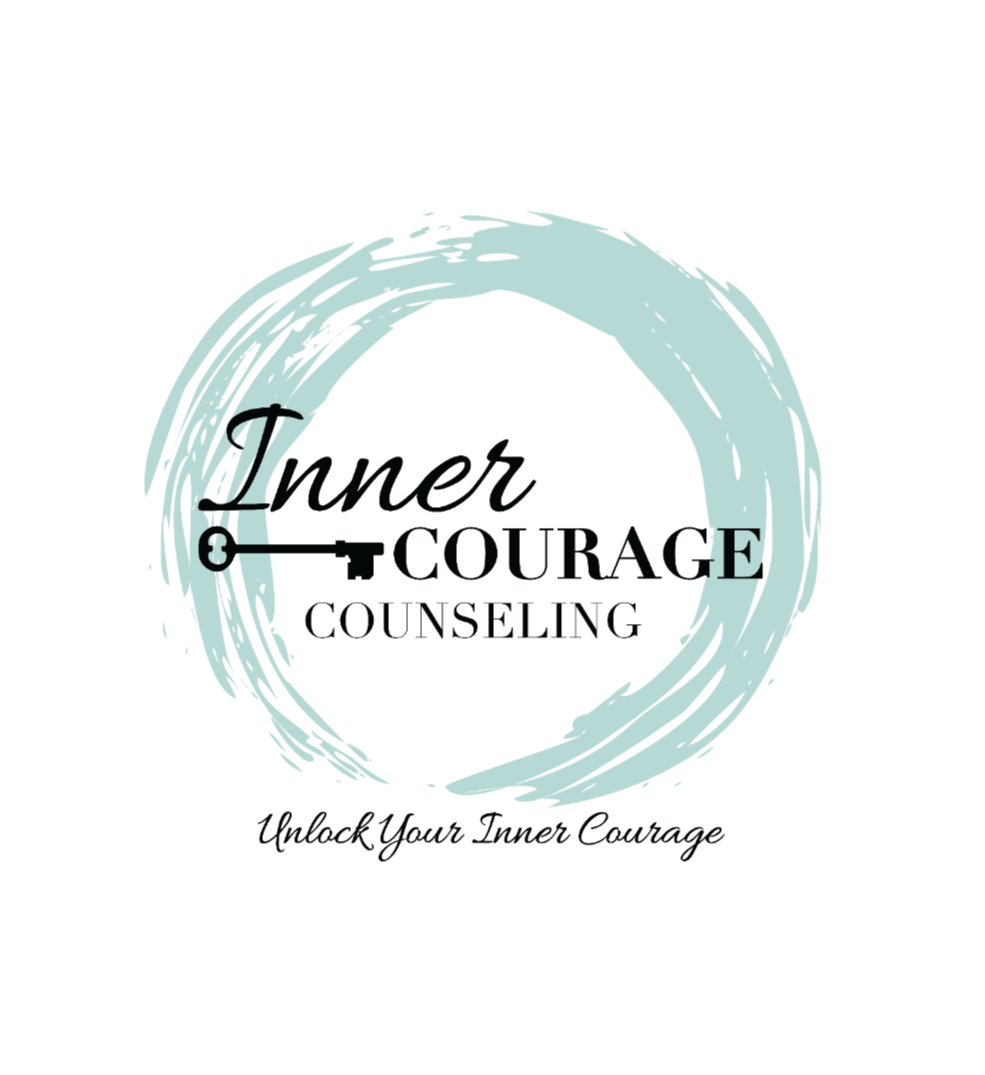What is Orthorexia

By: Erin Oberman
It is no secret that society has a fixation on perfection, social media and health-isms which reinforce the obsessive behavior found in those who struggle with orthorexia. In the U.S. it is estimated that roughly 30 million people suffer from some sort of eating disorder. Without any formal diagnostic criteria, it is difficult to know whether orthorexia is a stand-alone eating disorder, an already existing eating disorder (anorexia?), or a form of obsessive-compulsive disorder. Research has shown people who show signs/symptoms of orthorexia also struggle with obsessive-compulsive disorder due to obsessing overeating “pure”, “clean” and “healthy” diets.
Although orthorexia is less commonly recognized as an eating disorder and it is not currently in the Diagnostic and Statistical Manual of Mental Disorders, the awareness of orthorexia is on the rise bearing many similarities to more common disorders like anorexia. Orthorexia nervosa is an eating condition that is characterized by obsession or fixation of “clean” or “healthful” eating. People who struggle with this tend to become so fixated on so-called ‘clean eating’ that they damage their own mental and physical well-being. Being aware of and concerned about what kinds of foods you put in your body isn’t a problem, so when does it start to become damaging? Below are some warning signs/symptoms of orthorexia.
- Fixation on diets controls your emotions (especially over a period of time)
Obsessing over your diet and eating habits start to control your emotions. Rules or patterns within your food fixation control how you feel. If your rules get broken you may find yourself in emotional turmoil, along with superficial happiness when the obsession brings results. Over a period of time, you may notice how you feel may depend solely around your eating habits/fixation.
- Obsessing over “eating clean”
Typically, this eating disorder can appear more subtle than other eating disorders because initially the intent may be to eat a “heathy” diet or “cut back”. When this kind of eating or dieting becomes an obsession, that’s when you are moving into unhealthy and potentially damaging territory. Obsessing over food quality, ingredients, portions, or “healthy” trends are common signs. As time progresses, eating “clean” becomes the center of your world and starts to bleed into other areas of your life.
- Avoidance from social gatherings/eating out
Folks who struggle with orthorexia need to feel in control over their diets. Like mention in the above #2, if you are obsessed with ingredients, quality, and portions, you may feel a genuine fear over losing control of your diet. People may refuse to go out to restaurants where that information isn’t as readily available.
- Fear of food, sickness, or disease exist
The obsession over dieting may contribute to an overwhelming fear of being “unhealthy.” In an effort to gain control over the situation, people who struggle with orthorexia may control their health through diets. For some this looks like a fixation on a fear of sickness, disease, and unhealthiness, along with the need to control your health through any means necessary.
- Judgment towards others on their personal eating habits
It may start to become header to see others living their life differently. Judgmental comments or mindsets may form due to the obsession with eating “healthy.” For some, restriction of social situations may arise in order to not be around “unclean” food or people who don’t share similar “clean” eating rules. The judgements may start to come in the form of feeling “better than” others.
- Excessive lengths to achieve a “healthy” lifestyle
Not only do you cut out certain foods from your diet, but you go to extensive lengths to meet rules you’ve established for yourself. This may look like irrational concerns over prepping and cleaning the food you consume, along with extensive time planning and meal-prepping for yourself. The lengths someone is willing to go through to achieve a “healthy” diet may start to distance you from other aspects of your life that were important at one point.
- Labeling specific food and food groups as “bad”
In an effort to eat the “cleanest”, cutting foods out of your diets may begin happening. You may start placing foods in categories of “good” and “bad” and anything you deem “bad” will be cut from your diet. Label checking at grocery stores may start to become an obsession as well.
- Obsession over social media and unrealistic expectations
Due to social media, it is easy and accessible to compare weight, body image, or lifestyles to others. This is especially true for younger generations where roughly 1/2 of teenage girls and nearly 1/3 of teenage boys are using unhealthy weight control behaviors. Orthorexia is not defined by a person’s desire to necessarily reach a body type but reach a “healthy” lifestyle.
- Emotional Dysregulation
Like mentioned previously, the obsession can start to control your emotions. A vicious cycle may begin where you experience mood swings of switching between shame and self-loathing and feelings of euphoria (all depending on how well you are achieving a “healthy” lifestyle). The unfortunate truth is the more you feel depression and anxiety, the more you can fall into obsessive behaviors in order to retrieve that euphoric feeling.
- Physical signs of malnutrition begin due to an unbalanced diet
Physical signs of malnutrition look different for everyone, but over time the routines will force your body into a state of imbalance and malnutrition. Some symptoms you may feel are excessive exhaustion and weakness. You may also lose weight, feel cold and take longer to recover from illnesses.
Request an Appointment with our staff/interns Today
References:
Delgado, D. (2019, February 26). Orthorexia: 10 signs you should seek help now. Psychology Today. Retrieved April 1, 2022, from https://www.psychologytoday.com/us/blog/eating-disorders/201902/orthorexia-10-signs-you-should-seek-help-now
Orthorexia. National Eating Disorders Association. (2019, December 13). Retrieved April 1, 2022, from https://www.nationaleatingdisorders.org/learn/by-eating-disorder/other/orthorexia

